Serious games for research
Serious Games as a Research Tool Games as a Method Serious games can contribute to scientific research in many different ways and at many different stages. Think of collecting quantitative…
Together with Milo Foundation and OOK-OC! 8D is working on a challenging innovation project: the development of a game that will help remedial educators, psychologists and practitioners map the cognitive skills and abilities of children with communicative multiple disabilities (CMB).
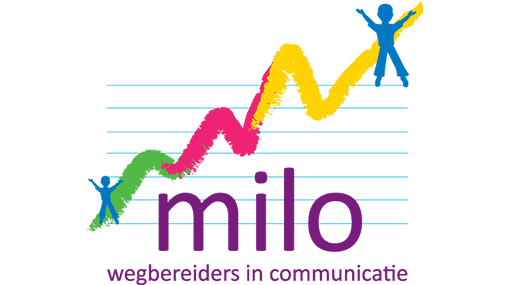
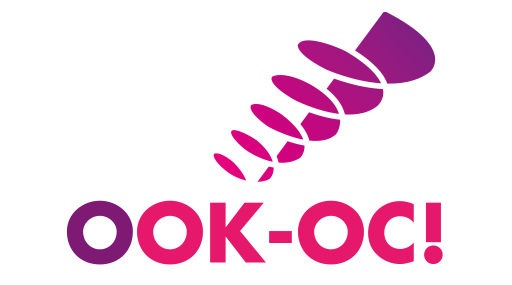
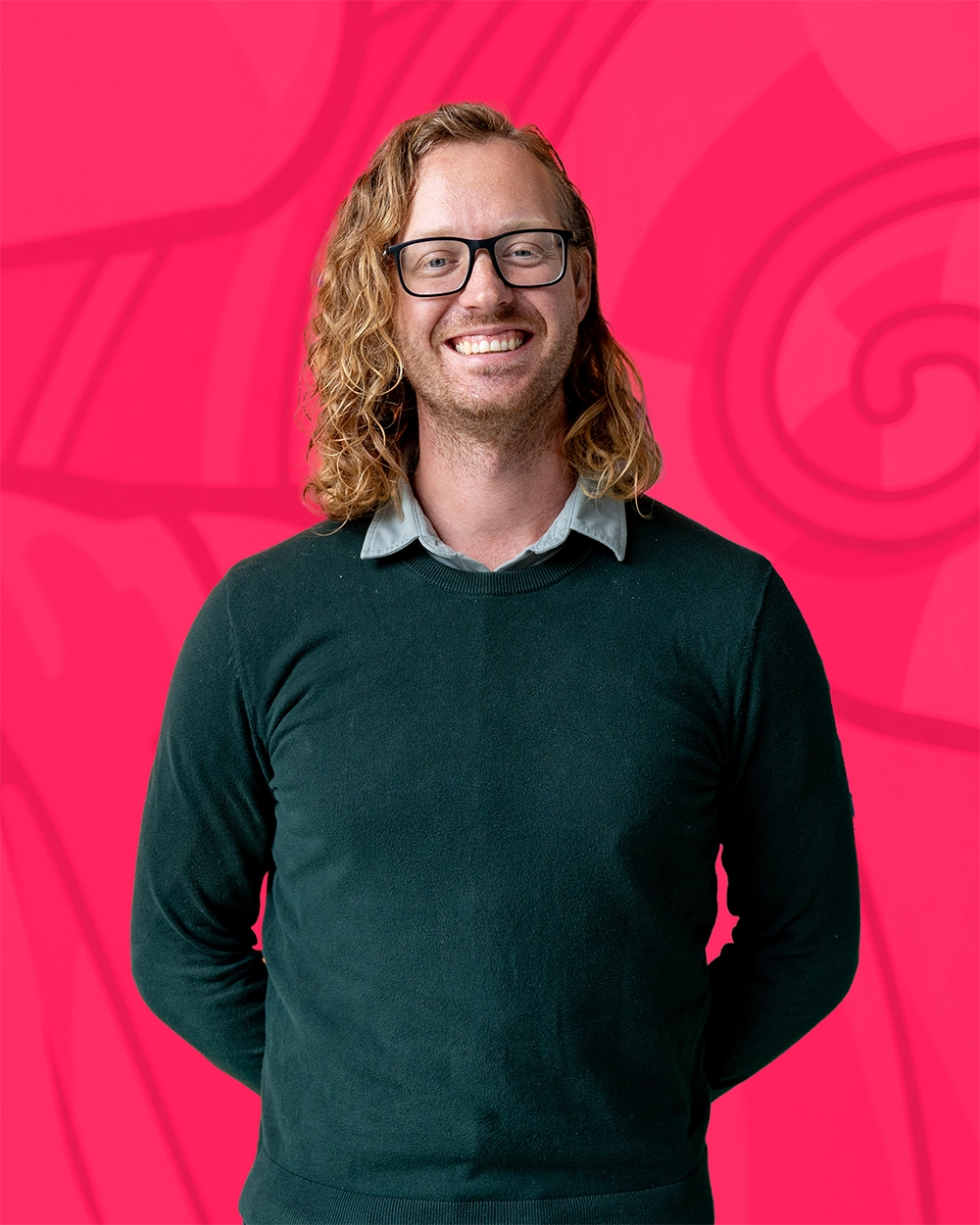

The Milo Foundation is an independent treatment center for Supported Communication (OC), specifically for children and young adults with communicative multiple disabilities. Think of not being able to speak, see, hear, feel, move – or a combination of these disabilities. Milo’s therapists help this target group (and their environment) to find together an appropriate alternative form of communication. From the use of pictograms to more high-tech solutions, such as a speech computer. No matter how complex the care request, Stichting Milo believes that communication is always possible. And if the solution does not yet exist? Then Milo and research branch OOK-OC! will make sure that the needed innovation comes along.
These studies and innovations are always practice-driven: they arise from an issue or bottleneck that practitioners encounter in their daily practice. For example, Dr. Stijn Deckers – responsible for Quality and Innovation at Milo and director of OOK-OC! – observed that practitioners currently lack a widely applicable method to map the cognitive ability of children with severe communicative disabilities. 8D was brought in to develop a solution and prototype for this. A technically challenging project with an ambition that makes us happy. After all, the more insight into cognitive abilities, the better the practitioner can ensure that the child is sufficiently challenged.
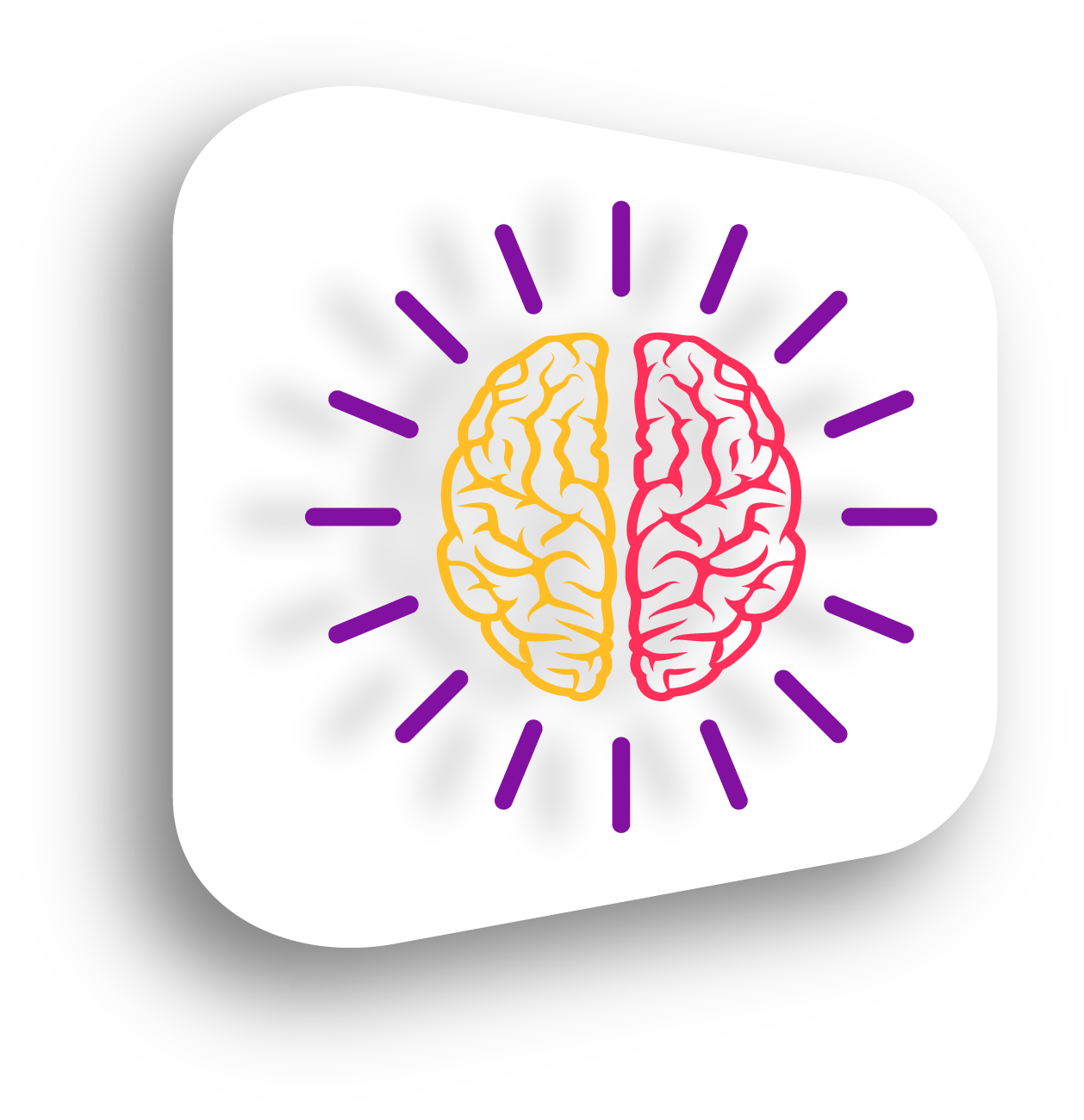 Aanpak
AanpakTijdens co-creatie sessies met experts en behandelaars brachten we alle inhoudelijke wensen in kaart. Belangrijke kaders waren: brede inzetbaarheid, gebruiksvriendelijkheid en schaalbaarheid. De tool moest inzetbaar zijn voor kinderen met verschillende (combinaties van) communicatieve beperkingen en – bij bewezen effectiviteit – eenvoudig opgeschaald kunnen worden. Een knap staaltje omdenken van ons technische team leverde een veelbelovende oplossingsrichting op: de inzet van kleine, via bluetooth bestuurbare trilmotoren die veelal in producten als vibrators worden gebruikt. Deze motoren krijgen andere cases – denk aan een geel vierkant, een blauwe driehoek en een roze hart- en NFC stickers, zodat de vormen met elkaar en met de laptop in verbinding staan. De behandelaar krijgt zo beschikking over verschillende interactieve ‘puzzelstukken’. Een soort blokkendoos die zich leent voor allerlei spellen en testen. De trilfunctie maakt de puzzelstukken ook bruikbaar voor kinderen die niet kunnen horen en zien, maar wel met hun handen kunnen voelen.
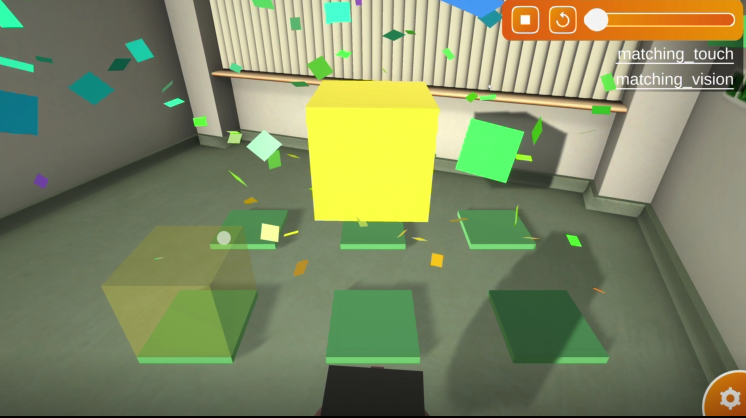
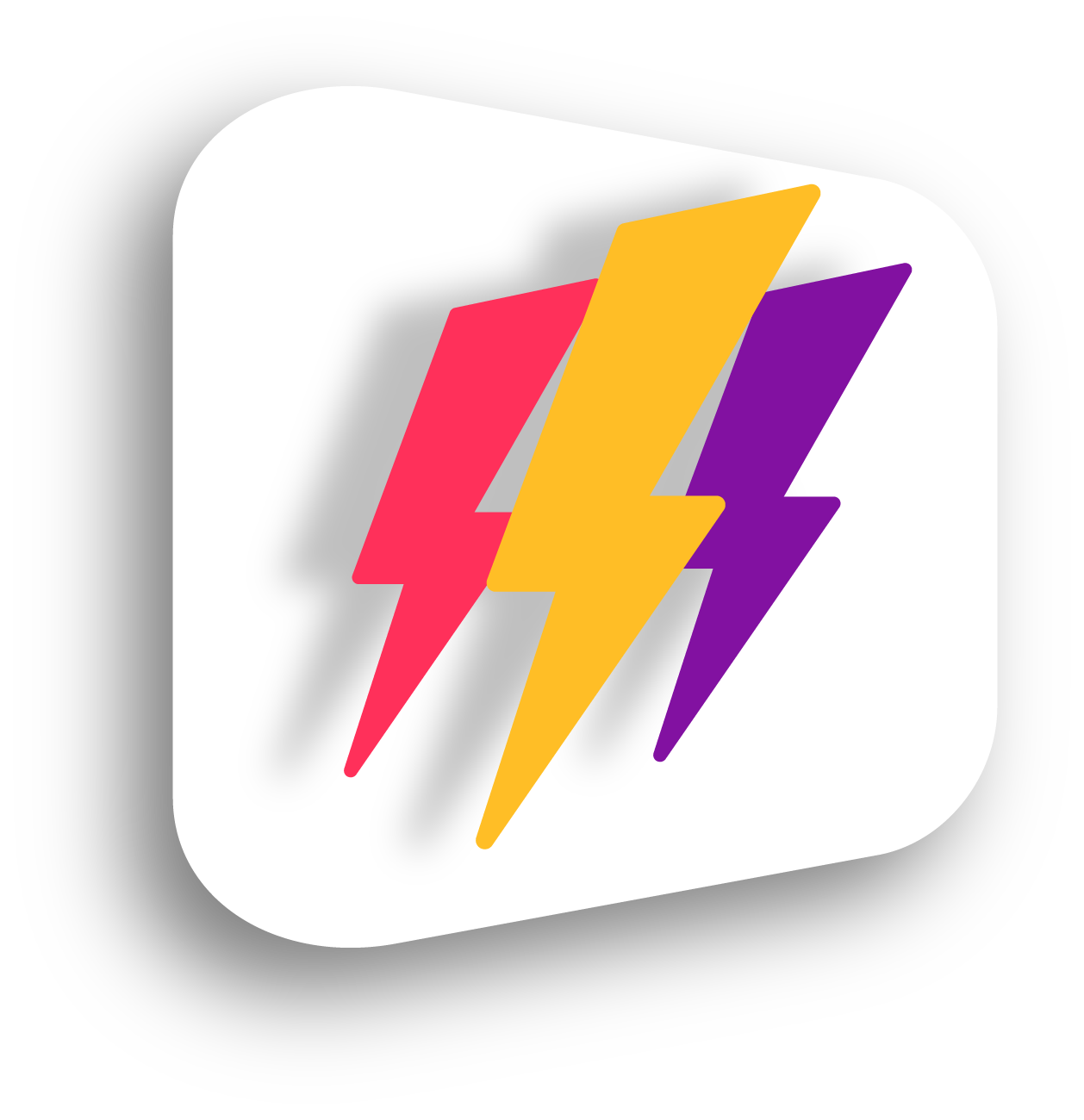 Resultaten
ResultatenThe prototype we realized is out-of-the-box in terms of hardware connected and playable in three different situations, tailored to the child’s specific abilities: ‘see only’, ‘hear only’ and ‘feel only’. Starting in mid-March, the prototype will be tested together with OC therapists from Stichting Milo.
It is emphatically not the intention to keep the knowledge gained only for one’s own organization, says Stijn Deckers, from Stichting Milo and OOK-OC! involved in the process: ‘We continue to invest in new solutions and want to share this knowledge with the entire field; ultimately, together we must raise OC care to the highest possible level.’ We are looking forward to it!

Bij 8D ondersteunen we onderzoekers bij het integreren van een designaanpak in hun werk, van projectontwerp tot creatieve productontwikkeling en procesbegeleiding. Deze participatieve methodieken helpen complexe, mensgerichte vraagstukken op te lossen en verankeren onderzoeksresultaten duurzaam in de samenleving.
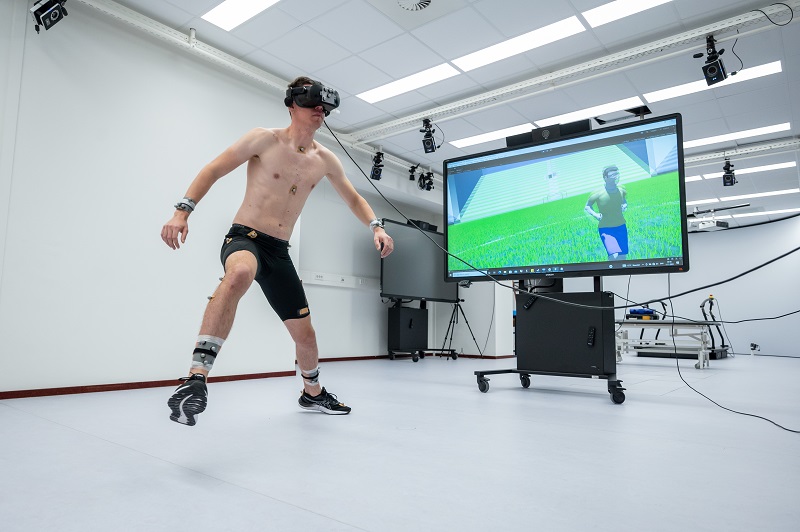
Serious Games as a Research Tool Games as a Method Serious games can contribute to scientific research in many different ways and at many different stages. Think of collecting quantitative…
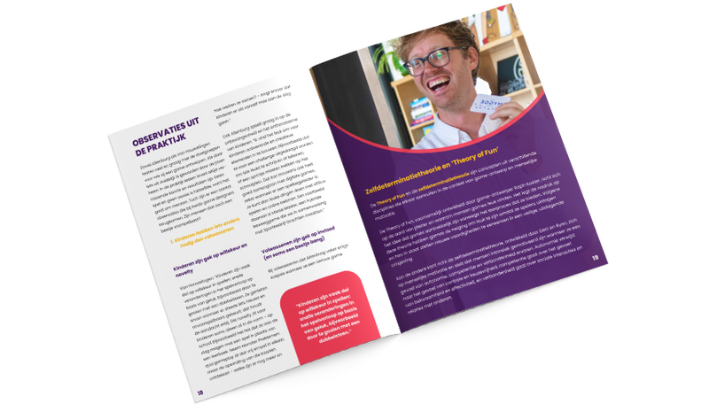
What is the relationship between serious gaming, science and psychology? And why is serious gaming really much more than a game anyway? This white paper is not about games, but about serious gaming as a scientific method for researching (social) tasks!
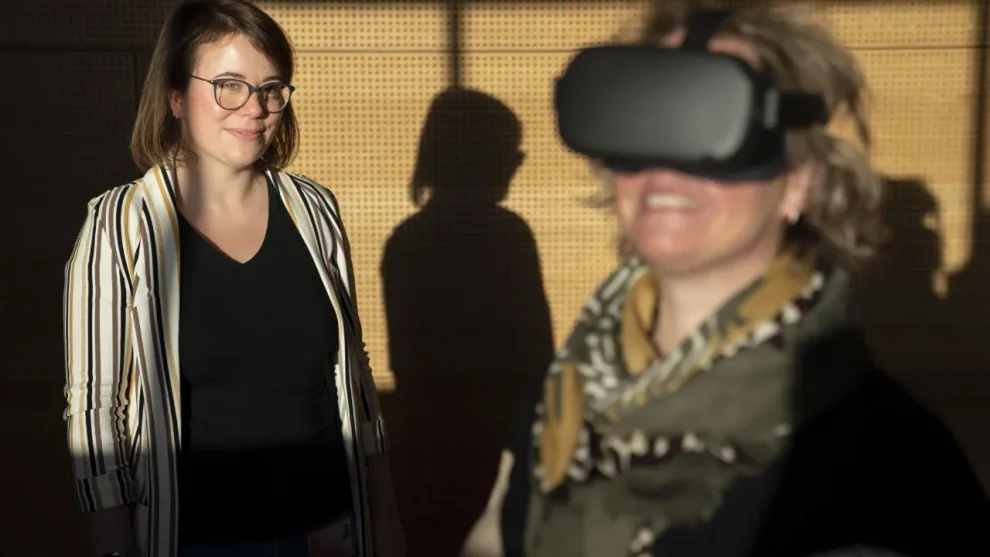
Interested in the possibilities of serious gaming in healthcare and research, and want to know more about the process of doing PhD research in this field? On July 5, 2023,…